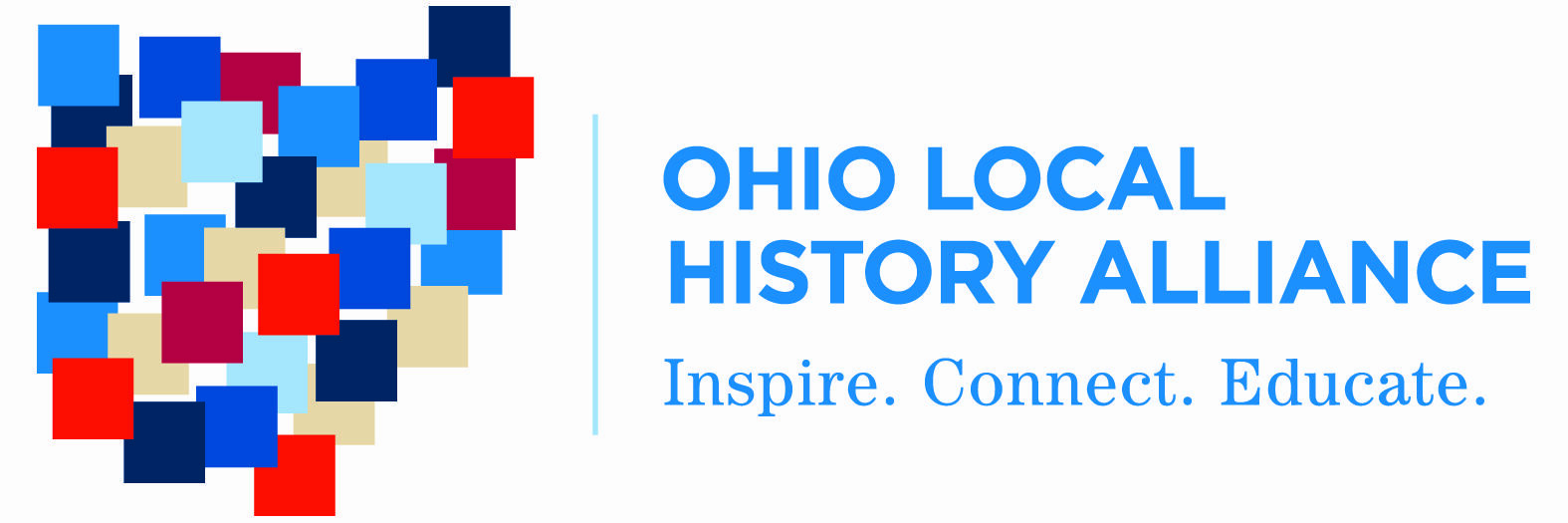Library Science
Taken from the American Library Association’s Core Competences of Librarianship: View the pdf file
The document defines basic knowledge for someone acquiring an MLIS degree; some librarians working in particular contexts may require specialized knowledge beyond what is listed below.
| Competency Area | Components of Competency Area |
| 1. Foundations of the Profession | 1A. Ethics, values, and foundational principles of the library and information profession; 1B. Role of library and information professionals in the promotion of democratic principles and intellectual freedom; 1C. History of libraries and librarianship; 1D. History of human communication and its impact on libraries; 1E. Current types of libraries and closely related information agencies; 1F. National and international social, public, information, economic, and cultural policies and trends of significance to the library and information profession; 1G. Legal framework within which libraries and information agencies operate (copyright, privacy, freedom of expression, equal rights, and intellectual property); 1H. Importance of effective advocacy for libraries, librarians, other library workers, and library services; 1I. Techniques used to analyze complex problems and create appropriate solutions; 1J. Effective communication techniques (verbal and written); 1K. Certification and/or licensure requirements of specialized areas of the profession. |
| 2. Information Resources | 2A. Concepts and issues related to the lifecycle of recorded knowledge and information, from creation through various stages of use to disposition; 2B. Concepts, issues, and methods related to the acquisition and disposition of resources, including evaluation, selection, purchasing, processing, storing, and de-selection; 2C. Concepts, issues, and methods related to the management of various collections; 2D. Concepts, issues, and methods related to the maintenance of collections, including preservation and conservation. |
| 3. Organization of Recorded Knowledge and Information | 3A. Principles involved in the organization and representation of recorded knowledge and information; 3B. Developmental, descriptive, and evaluative skills needed to organize recorded knowledge and information resources; 3C. Systems of cataloging, metadata, indexing, and classification standards and methods used to organize recorded knowledge and information. |
| 4. Technological Knowledge and Skills | 4A. Information, communication, assistive, and related technologies as they affect the resources, service delivery, and uses of libraries and other information agencies; 4B. Application of information, communication, assistive, and related technology and tools consistent with professional ethics and prevailing service norms and applications; 4C. Methods of assessing and evaluating the specifications, efficacy, and cost efficiency of technology-based products and services; 4D. Principles and techniques necessary to identify and analyze emerging technologies and innovations in order to recognize and implement relevant technological improvements. |
| 5. Reference and User Services | 5A. Concepts, principles, and techniques of reference and user services that provide access to relevant and accurate recorded knowledge and information to individuals of all ages and groups; 5B. Techniques used to retrieve, evaluate, and synthesize information from diverse sources for use by individuals of all ages and groups; 5C. Methods used to interact successfully with individuals of all ages and groups to provide consultation, mediation, and guidance in their use of recorded knowledge and information; 5D. Information literacy/information competence techniques and methods, numerical literacy, and statistical literacy; 5E. Principles and methods of advocacy used to reach specific audiences to promote and explain concepts and services; 5F. Principles of assessment and response to diversity in user needs, user communities, and user preferences; 5G. Principles and methods used to assess the impact of current and emerging situations or circumstances on the design and implementation of appropriate services or resource development. |
| 6. Research | 6A. Fundamentals of quantitative and qualitative research methods; 6B. Central research findings and research literature of the field; 6C. Principles and methods used to assess the actual and potential value of new research. |
| 7. Continuing Education and Lifelong Learning | 7A. Necessity of continuing professional development of practitioners in libraries and other information agencies; 7B. Role of the library in the lifelong learning of patrons; 7C. Learning theories, instructional methods, and achievement measures; and their application in libraries and other information agencies; 7D. Principles related to the teaching and learning of concepts, processes, and skills used in seeking, evaluating, and using recorded knowledge and information. |
| 8. Administration and Management | 8A. Principles of planning and budgeting in libraries and other information agencies; 8B. Principles of effective personnel practices and human resource development; 8C. Concepts behind, and methods for, assessment and evaluation of library services and their outcomes; 8D. Concepts behind, and methods for, developing partnerships, collaborations, networks, and other structures with all stakeholders and within communities served; 8E. Concepts behind, issues relating to, and methods for, principled, transformational leadership. |
Other potentially useful competency guidelines include:
Music Library Association: http://c.ymcdn.com/sites/www.musiclibraryassoc.org/resource/resmgr/docs/core_competencies.pdf?hhSearchTerms=%22core+and+competencies%22
Reference and User Services Association: http://www.ala.org/ala/mgrps/divs/rusa/resources/guidelines/professional.cfm
Special Libraries Association: http://www.sla.org/about-sla/competencies/
